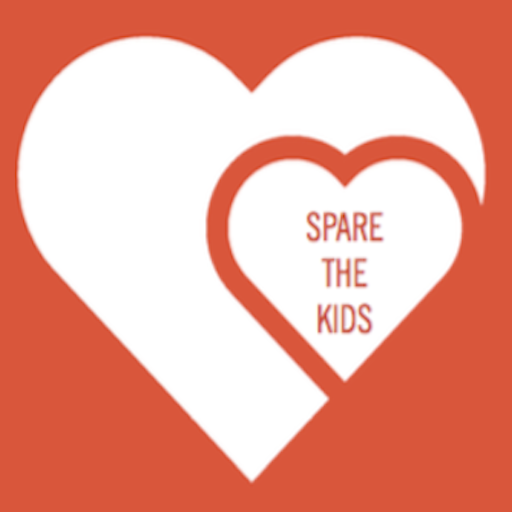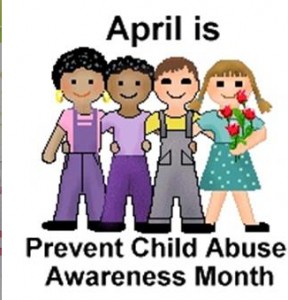“I whoop you because I love you.”
My adoptive mother would say this to me before and after her beating rituals. But the pain never felt like love. And fortunately, I’ve not become one of those adults who has looked back on those frightening moments and rationalized her behavior as a healthy way to love and protect a child.
You’ll NEVER hear me say: “I was hit as a child and I turned out fine,” or “I didn’t end up in prison because I was whipped as a kid,” or “I’m the person I am today because of the beatings I got as a child.”
I find this kind of logic problematic, especially among African Americans whose history in this country seems to have conditioned far too many of us to accept that having somebody control and beat us when we are young is somehow at the heart of our success and ability to become law-abiding productive adults. The fact that so many black people legitimize abuse as a form of responsible parenting, effectively demonstrates how the intergenerational transmission of trauma continues to mentally shackle us and perpetuates rampant abuse which feeds a disproportionate number of young into the foster care and juvenile justice industries.
But as today marks the beginning of National Child Abuse Prevention Month, I am struggling to admit that despite her degrading and violent acts, my adoptive mother really did love me. As hard as it is for me to say that, I am beginning to realize that she abused me not because she hated me (even though I often thought she did), but because she lacked important parenting tools: patience, empathy, communication skills, and the ability to solve problems.
My adoptive mother, like others who sexually and physically abuse their children, had her own set of childhood traumas. As children those who abuse their own children were exposed to alcohol and drug abuse, domestic violence or sexual abuse, a parent in prison or absent and a host of other issues.
My adoptive mother brought her pain and lessons learned as a child to her parenting. Some of that baggage was collected in the home where she grew up and the rest of that emotional weight was joined by historical injuries that she and older generations of black people sustained under Jim Crow racism.
My adoptive mother, like so many parents who end up in the child welfare system, was severely damaged by her childhood experiences. She should have never been considered as a potential adopting parent without intensive therapy and parenting classes. It is clear that social workers did not carefully look into the foundational period of her life to see if she had the ability to overcome her own pain and trauma to parent a little girl in healthy, non-violent ways.
Over the next few weeks I will be hitting the road again. I’ll be delivering keynotes and leading workshops on a range of issues, from educating child welfare professionals about the relationship between historical trauma and child abuse, to the importance of understanding the emotional journeys of children in foster care.
But this year, one of my major points of emphasis will be to urge child welfare professionals to appreciate WHY some parents are incapable of nurturing their children in healthy, non-violent ways.
To fight child abuse, it’s not enough just to remove children from dangerous situations, or to investigate allegations of child abuse. Social service professionals and others engaged in the fight need to become culturally competent by developing a stronger understanding of the link between child abuse and the history of personal and cultural trauma.
Simply put, some child abusers hurt their children, not because they don’t love them, but because they too were hurt and have not freed themselves of the weight of their own personal and historical traumas.



Recent Comments